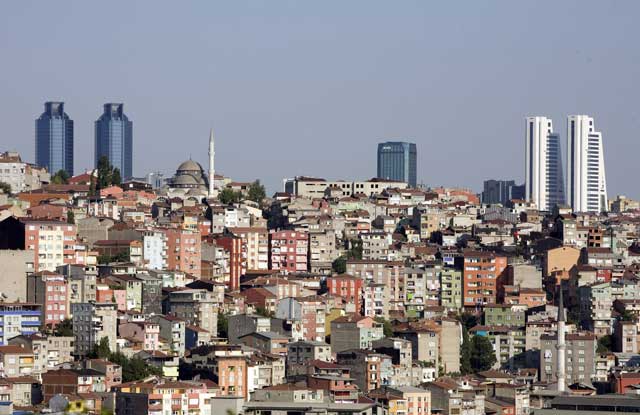Finch, By Jeff Vandermeer<br />The Dervish House, By Ian McDonald

Your support helps us to tell the story
From reproductive rights to climate change to Big Tech, The Independent is on the ground when the story is developing. Whether it's investigating the financials of Elon Musk's pro-Trump PAC or producing our latest documentary, 'The A Word', which shines a light on the American women fighting for reproductive rights, we know how important it is to parse out the facts from the messaging.
At such a critical moment in US history, we need reporters on the ground. Your donation allows us to keep sending journalists to speak to both sides of the story.
The Independent is trusted by Americans across the entire political spectrum. And unlike many other quality news outlets, we choose not to lock Americans out of our reporting and analysis with paywalls. We believe quality journalism should be available to everyone, paid for by those who can afford it.
Your support makes all the difference.We don't know much about the future of humanity, but we can be pretty sure that cities, ever larger and more complex cities, will form an important part of it. This is why - in spite of its neo-pastoralist, apocalyptic strain in which people go back to the land – most of the Anglo-American tradition in science fiction has been obsessed with cities. Vast metal hives dominate whole planets, or urban slums run up the Atlantic seaboard of the US; cities float in space or shelter under domes beneath the sea. Cities provide rich seams of narrative; they are full of the mean streets where people make moral choices; and tend to be where the future happens, almost before you notice it.
Many such cities are entirely made up: Jeff Vandermeer has been writing about the city of Ambergris for years, in short stories and two earlier novels. Like many cities, real and imagined, its foundation stones are soaked in blood – one earlier colony disappeared entirely, and the fungoid people blamed for that disappearance, and massacred, were themselves colonists. It is a city riven by the consequences of foreign adventures and civil war between great industrial houses. Now the mushroom folk have risen and become an army of conquest.
Finch is an ordinary decent homicide cop working for the new regime because the alternative is to be shipped off to work camps. Investigating a double murder – a fungoid "grey cap" cut neatly in half and a human companion who appears to have fallen from a great height – he finds himself caught up in politics. We watch him with his untrustworthy lover, his various informants, his partner detective (who is turning to mould) and come to like this compromised intelligent man with the past he does not talk about.
Of course, Finch himself is a colossal noir cliché and the mystery has one of those transcendent SF solutions which is more awesome than satisfying; but the whole thing is extraordinarily well done. Not least because one of its main characters is Ambergris itself, which has colonised the author's imagination and feels like a place with streets, markets and hinterland.
However, it cannot quite compete with Istanbul, the Queen of Cities, and the setting for Ian McDonald's near-future story of terrorism, nanotechnology and change rushing over us like a tidal wave of strangeness. Like his novels about the future of Indian, African and Brazilian society, McDonald's new book is a conscientious attempt to write the Other from the inside and accept the possibility that the Anglo world may be a sideline. Like those books, it is also a horrendously busy kaleidoscopic narrative in which we never settle on one point of view and story-line quite long enough to be as emotionally involved as we ought. We remain tourists in these lives.
The Dervish House is no longer a religious establishment – though there is a street Islamist in the basement who would like to make it so. There is an art gallery whose proprietor is searching for a man mummified in honey; an ambitious young woman trying to raise money for a nanotech start-up; a sick child using robot toys to spy on a suicide bombing and its aftermath. This is a brilliant, jewelled machine of a novel in which lives trigger events in other lives, in a sequence that skirts chaos and disaster, but ends with gorgeous order.
Join our commenting forum
Join thought-provoking conversations, follow other Independent readers and see their replies
Comments